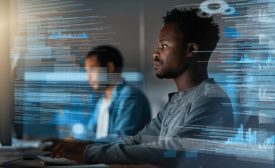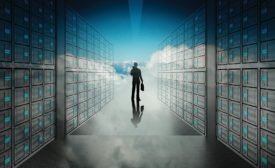Security Enterprise Services
Health, Wellness and Physical Fitness and Your Security Officers
Are Your Security Officers Fit for Duty?
March 25, 2020
Sign-up to receive top management & result-driven techniques in the industry.
Join over 20,000+ industry leaders who receive our premium content.
SIGN UP TODAY!Copyright ©2025. All Rights Reserved BNP Media.
Design, CMS, Hosting & Web Development :: ePublishing















